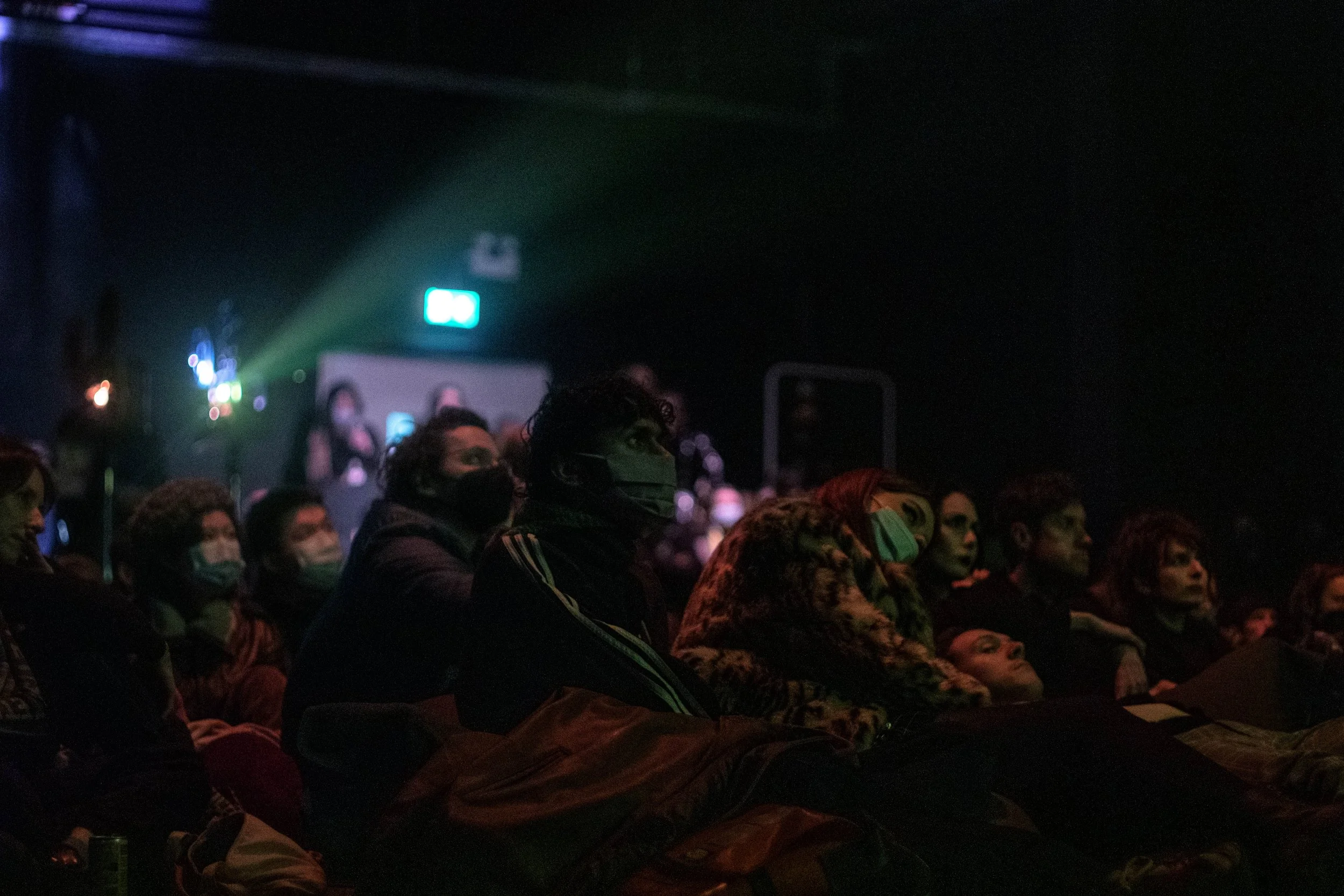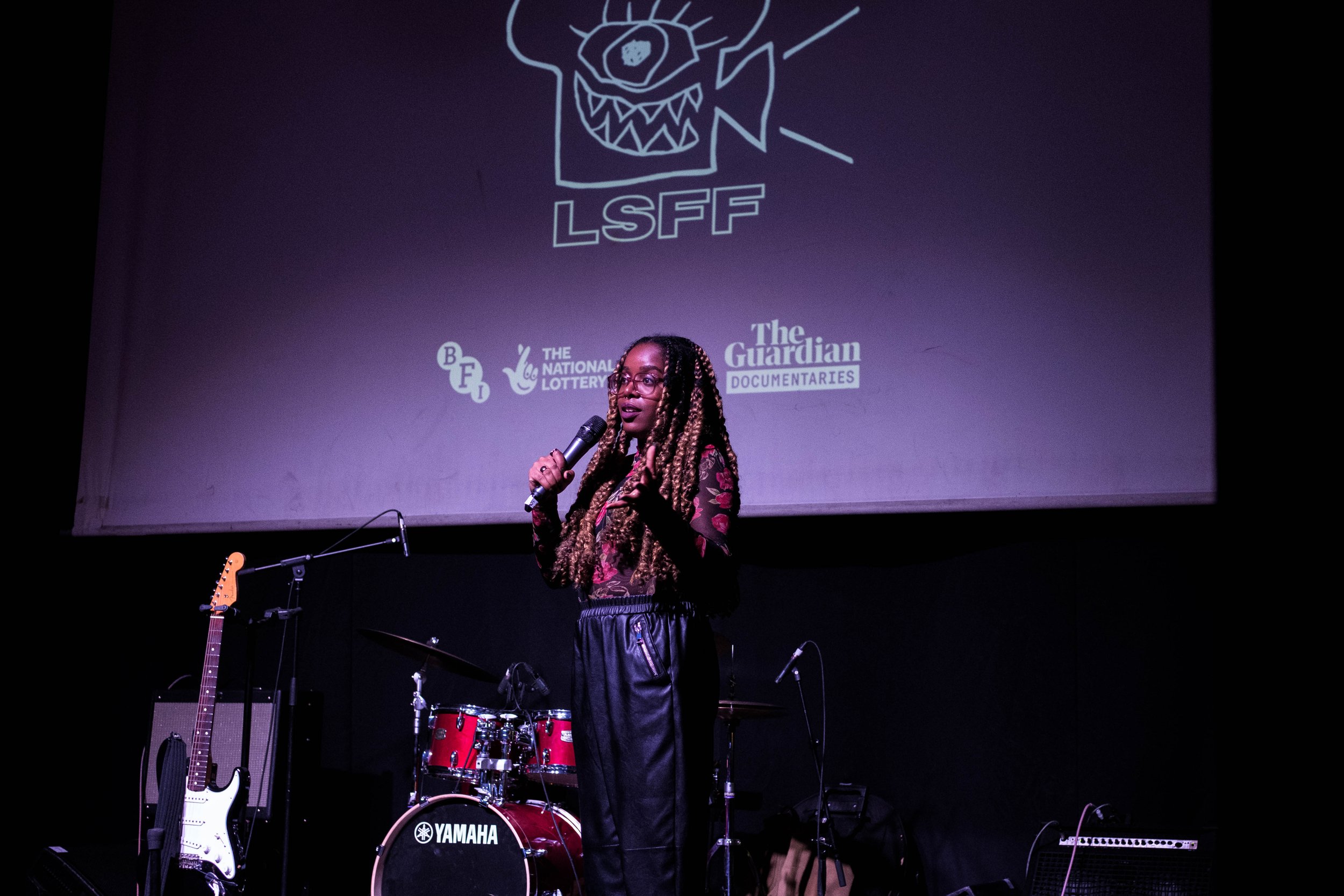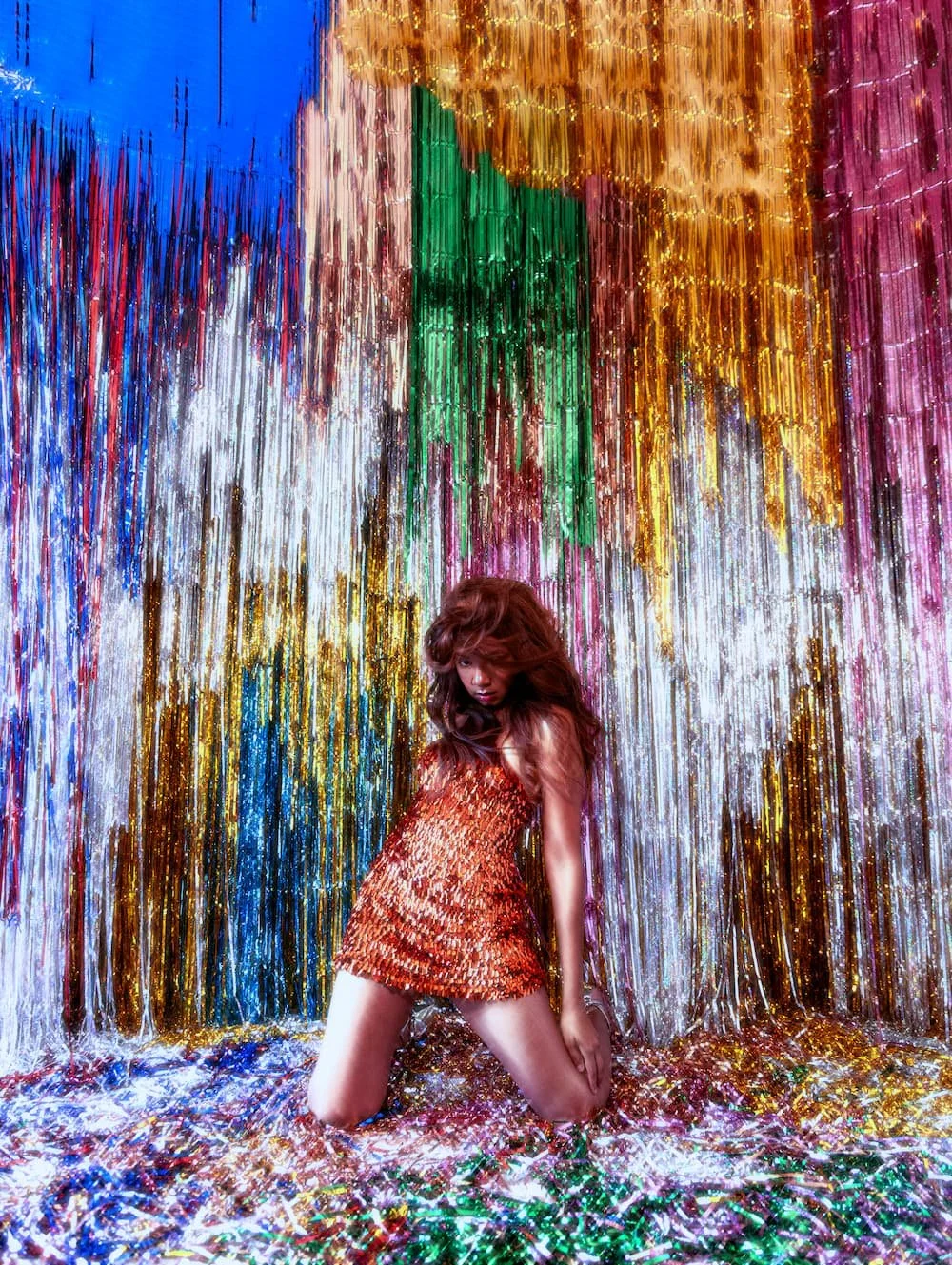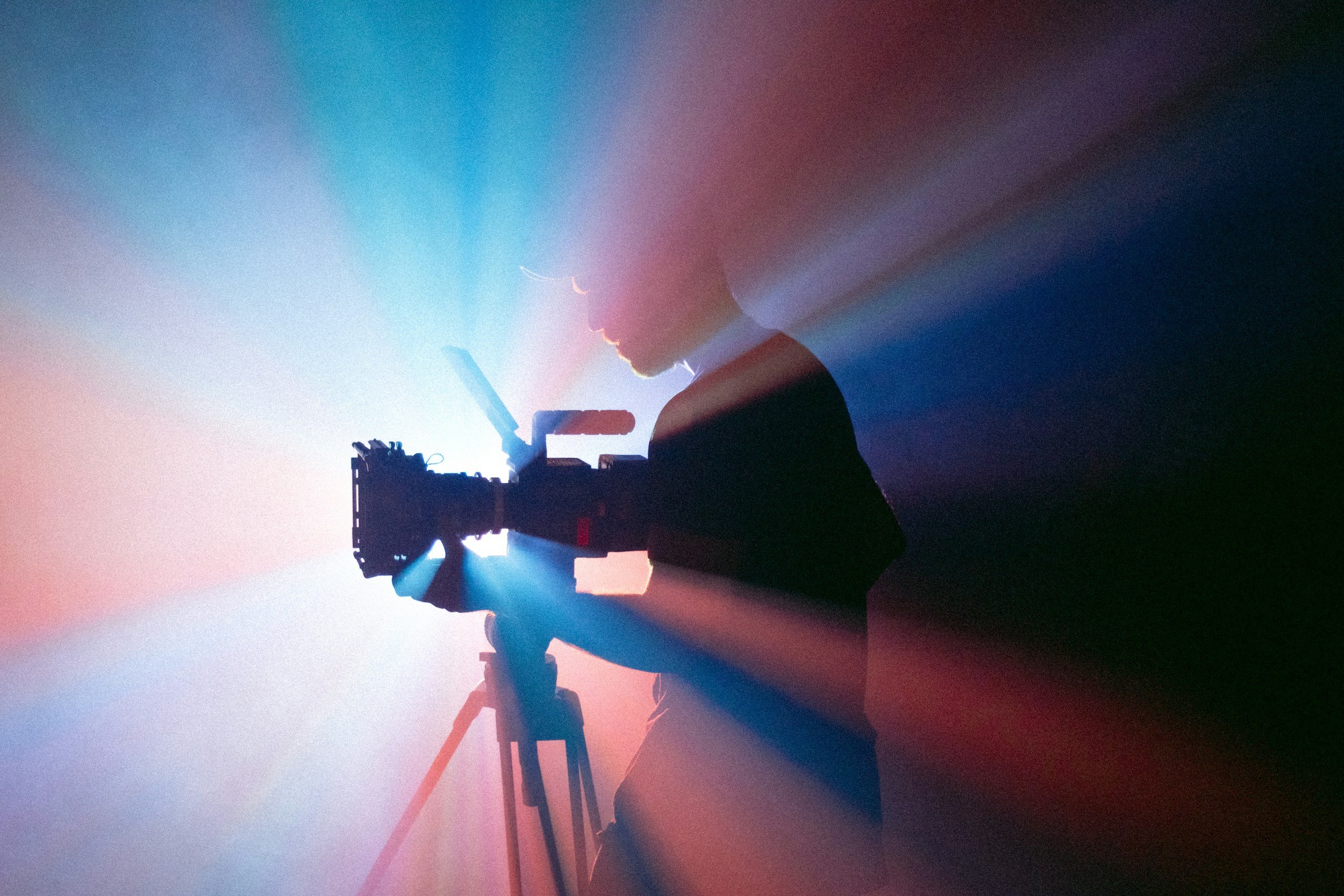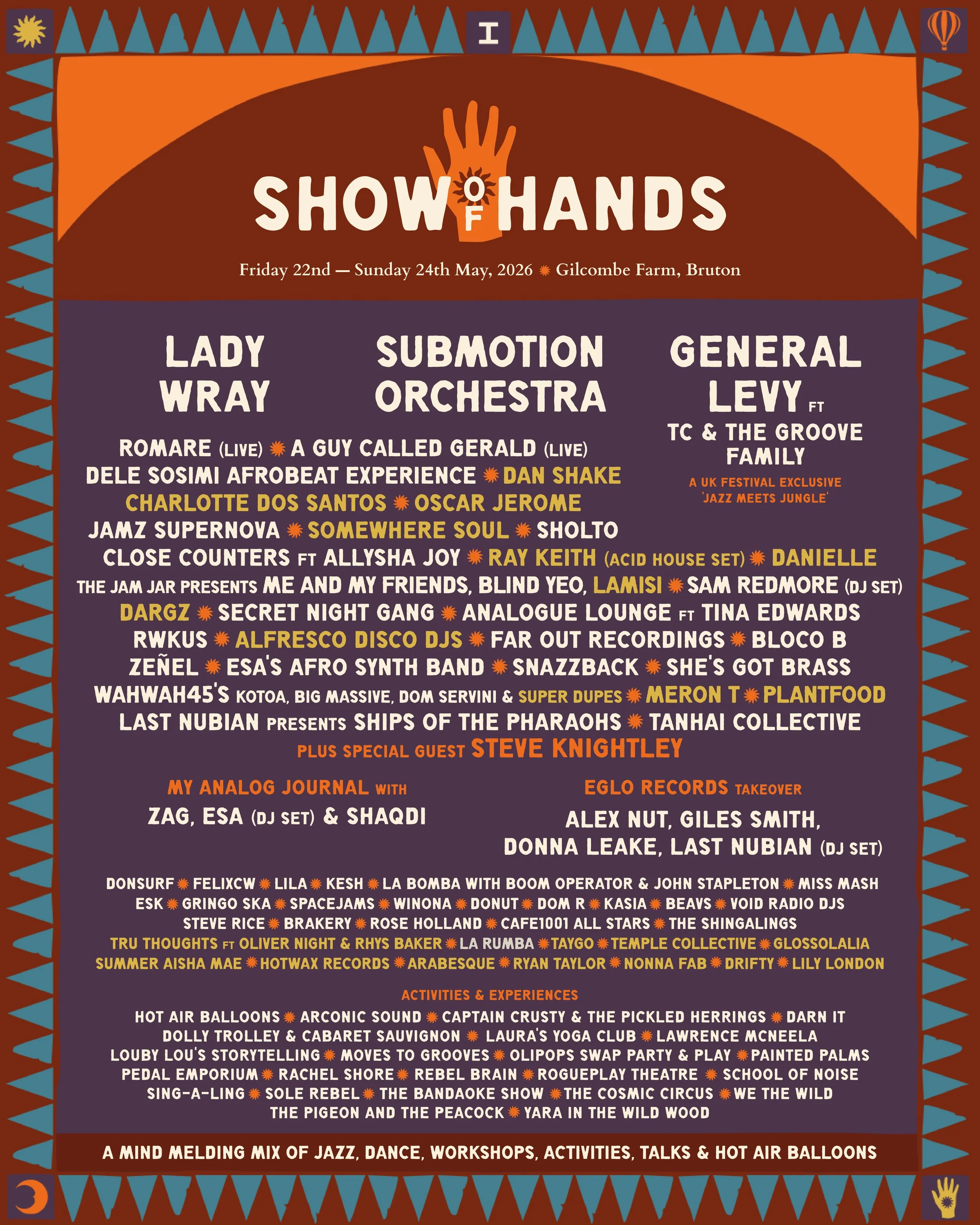Talking To: Philip Ilson
In the aftermath of the London Short Film Festival (LSFF) this January, I sat down with one of its founders, Philip Ilson to speak about what they have achieved. Now coming up to its 20th anniversary festival next year, Ilson has been able to take a look back at what they have achieved over the festival’s lifetime, and consider how this will inform their plans for the future.
Jasmine: So firstly, could you tell us a bit more about LSFF, what it stands for, and what you are hoping to promote through the festival?
Philip: We just had the 19th edition of the festival, and I think ever since it started back in 2003, it was always about showcasing new talent. We were always very British focused, and there’s still a British focus element to the festival, though we have expanded to international filmmakers.
I think it’s always been an audience-driven festival; I think a lot of short film festivals tend to be quite industry focused, and that the general public maybe are not that interested, but I think we do quite well on a general audience. That’s partly because we’re in London, and most of our audience live and work in London, so the students or people who are just interested in seeing something that they wouldn’t normally see, and because the cinemas that we use, like the Curzon Soho, the BFI - they already have a built in audience for interesting content you’re not going to see elsewhere.
So, I think that’s important for us as a festival to showcase the up and coming British work, but also to have an overview of the film exhibition scene in general; partnering with other organisations, other festivals, other film club organisations - such as T A P E collective, who tour their own programme of events - so I think those collaborations are important as well, it’s important for audiences to see what’s happening in somewhere like London.
Jasmine: I think as well this year, because you obviously partnered with so many female-focused collectives - you had T A P E collective, Invisible Women, and Cinesisters there as well - it also did a good job pointing emerging filmmakers towards the organisations that are there to empower them.
Philip: I think there’s always been a remit at the festival to see what’s out there beyond the general ‘white male filmmaker’. I mean, I founded it with Kate Taylor, and it was always our remit to look beyond the mainstream and look at what female filmmakers were out there. Around that time, 2003, there were a couple of other organisations - Birds Eye View had just started out I think - so there were definitely people doing similar things to what we were trying to do as well.
I think also, the festival’s also trying to show work by filmmakers who haven’t got loads of money, who are from different backgrounds, who are making stuff off their own back - so it’s not always about heavily funded work from the big funding organisations, but also for self-funded independent work as well.
It’s interesting with the festival being in quite established cinemas - the festival grew out of a film club I was running that was very much away from the establishment, and we were using more club venues and alternative spaces - we weren’t connected to cinemas at all. So, starting the festival was like ‘hey let’s put films in the cinema’ - it was something we’d never really done before. I think I’m really a big supporter of those alternative spaces, but I think for those filmmakers who get programmed in the festival it’s good to see their film on the Curzon Soho screen, on the BFI screen, but the flip side is having the accessibility of other spaces where you can do events as well in the festival.
Jasmine: It’s so important for that work as well to have the competitions there because when filmmakers are putting their films forward, it gives you something to back up their work. How central would you say that the competition aspect originally was to the festival?
Philip: It’s interesting because coming up to the 20th anniversary, we’ve been looking back at the other festivals and there’s always been a sort of singular ‘best film’ of the festival ever since the first year.
It’s interesting looking at who’s won that over the years and what those filmmakers have gone on to do. I think there was definitely an expansion of having more competition programmes. In a way the competition programmes got too big, and in the last few years it has made sense to shrink them down to make them more special. For us it feels important to have the best UK, best international, and runner up, then a couple smaller awards - rather than twenty, thirty people winning awards.
Jasmine: Who would you say really stood out to you over the years - people who have won the awards or come through the festival?
Philip: I mean I suppose the big name that I always go back to is Andrea Arnold - we showed ‘Wasp’ at the first ever festival, before it won the Oscar - and the following year we did a retrospective of her three shorts at the time.
There are a few others we always champion - Carol Morely, Andrew Kötting - someone whose work we’ve always screened his work, including ‘Diseased and Disorderly’ this year, the film he made with his daughter - and this has played into our events. On the 15th anniversary we did a panel of filmmakers who had gone on to make feature films and showed earlier short that they’d made - including Joe Lawlor and Christine Molloy, who had ‘Rose plays Julie’ out quite recently, Jim Hosking, Peter Strickland, who is someone we’ve always had a connection to.
But it’s interesting - we have thousands and thousands of filmmakers go through and obviously many go into TV, into commercials - those that are more auteur driven - writer-directors - they’re there but there’s not hundreds and hundreds of them. I mean this year we had an Aneil Karia focus, because we’ve always screened his shorts, and he had ‘Surge’ out last year with Ben Whishaw, and he’s just had an Oscar nomination for his Riz Ahmed music video/short film that he did last year.
We did a thing a couple years ago with 80s filmmakers who are still making features and that was difficult to find filmmakers that are still working for. We managed to get David Yates down, and Sally Potter - so it was interesting looking at those filmmakers who have gone on and developed into the next stage of their career.
Jasmine: So, coming back to when you were starting the festival up in 2004, what would you say has changed since from the festival’s perspective?
Philip: We’ve grown a lot since in terms of our reach - we use a lot more venues, we get about 5000 submissions to the festival now - but the remit of what the festival has stayed the same from year one really.
There’s things we used to do, this punk rock phase, rather than being too stuck in the polished industry thing, and I think that still stands. We don’t want to be punk rock and messy and badly organised, but to have a bit of an alternative outlook in terms of the work that we’re supporting - work that’s not being represented elsewhere, or as I said earlier, people who are just doing work off their own back.
And going back to the idea of alternative venue spaces, I’m always up for trying those kind of events that are a little bit away from the mainstream. I mean, a few years ago we managed to get this inflatable barge on the water in Hackney Wick, and we were showing films and live performance on that, and that was really fun.
I think it’s really important for the festival to create those alternatives away from traditional cinema screenings. Again, that goes back to year one of the festival - the goal of mixing those events up in the festival.
Jasmine: So, what would you say were your primary goals coming into LSFF 2022 specifically?
Philip: I mean obviously we’ve been through lots of changes with COVID - so it raised questions of whether we do a hybrid version of the festival or we do a purely physical version? We wanted it to be physical but we were worried that even if it would be semi-physical we might not be able to do it. But fortunately it all happened and it all went really well.
Aside from that, we had quite a big team change in the last two years, and whilst we’ve always had a constant change of programmers - we’ve worked a lot with younger programmers that have come up through the festival as pre-selectors and gone on to be programmers elsewhere or curators elsewhere - it’s been a lot of changes.
We wanted to branch out the programming team - I oversee a lot of the UK programme and less the international - but we wanted to bring another UK programmer in this year. We also wanted the special event programme - the retrospectives, the industry programme - which we’ve always done in-house, we wanted that mixed with this idea of working with other curators and programmers.
We had worked with T A P E before on a single event a few years ago, but bringing them into the team to manage a whole section of the festival was completely new, we’d never done anything like that before. That was quite challenging but ultimately went really well, and is something we would like to continue with, though we’re still learning what works best. They brought an audience to the festival, and we could raise awareness of their work - so it’s been mutually beneficial.
Jasmine: Definitely. It’s also really good to hear you talk about getting young programmers in and promoting their voices, as these are roles that if you don’t know the industry well you won’t necessarily know exist as a way in, and how you can influence what gets seen.
Philip: This is the thing about people going on a lot of programming and curating courses, there’s always the question of whether these jobs exist for them when they come out of them. I mean personally I have no training, as I said, this festival grew out of a film club that I was running with a friend because it seemed like a good idea at the time. But we thought - this is the kind of thing I’d like to go to that is not out there, and certainly at that time there were a lot of underground film clubs in London. There was the excitement of the alternative scene - we had no connection to anyone in the industry, we were just running these events off our own back.
I think when people ask how you get into programming and curation, to an extent they need to go and start their own event, go and start their own night, and a lot of the organisations - including T A P E collective - have done so. They’ve started their own thing because they thought that something was missing that they weren’t seeing as curators, and that’s been their way to get recognised. And it’s important for us to take on those young programmers, to get the new voices, to see what a new set of eyes will see in the films submitted to us.
Jasmine: And what moments really stood out for you during this year’s festival?
Philip: The one that stood out that I never actually ended up going to - we worked with ‘Otherness Archive’ to create a trans-related programme - which we initially planned for a smaller gallery space, but which sold out almost as soon as tickets were released. So we moved it again and again until it went from 30 to 150 people - so that was a happy surprise to see people engaging with that.
I enjoyed the crossover stuff we do with live music; we had an event at the ICA with a couple of bands performing alongside a programme of 70s films that were curated by Rachel Garfield who had just written a book on feminist cinema and post-punk in the late 70s. We wanted to show those films but rather than just put on some bands from that era, it seemed sensible to find younger bands who complement the films that were showing - Es and Shade Ray, who were both great and really engaged with the event.
There were a couple of really great short film programmes as well - one set in online video gaming environments which had a Q+A attached, which made a really good event.
Jasmine: Obviously a highlight of the festival for many people was the offer workshops and events aimed at emerging filmmakers - what would you say for new filmmakers is something that they should focus on, or what really makes a film stand out to you?
Philip: With the industry talks, we always try and offer more than just the funding talks, which are always popular but often disproportionately focused on at every festival, so working with organisations like T A P E to create a programme that offers more unusual subjects - focusing on class in filmmaking, on distribution, on adaptation - it’s important to have more alternative discussions.
In terms of making films stand out, I would say you should be honest with what you want to make rather than making something you think other people should see. I mean this is the problem with a lot of graduation shorts from the bigger film schools, they’re very much putting forward their talent as it will work in the industry - for film or TV, which is understandable but doesn’t make them stand out in a festival context. For a lot of curators you’re looking for people who are honest with their stories - new stories, ones you rarely see, or very personal work - you don’t want to watch films that look like a TV soap opera. Short film in a way should by default be experimental - it’s a chance to experiment with film and with narrative - it’s where you can really afford to experiment and take chances.
Jasmine: I think that really highlights the importance of the festival having a low budget film award, of highlighting this really experimental work.
Philip: Definitely - and that’s something we always wanted to keep even when we were slimming down the awards - because these are films that are unlikely to get shown or programmed at other festivals. I mean this year’s winning low-budget film cost the filmmaker £36, and that was the cost of one item involved in making the film.
Jasmine: So, what are your priorities for the festival in 2023?
Philip: It’ll be the 20th anniversary, so we want to take a bit of a look back over the past 20 years and think about how we can have more of an online presence year-round, to build our audience the way other online platforms build theirs.
Of course, we also want to take stock of what we’ve done over the past 20 years - just this morning I was going through the work we’ve commissioned over the festival’s lifetime. Such as, every year we commission a trailer by an up and coming filmmaker - so many things happen and get forgotten about - but we don’t just want it to be nostalgic, or focusing on the past all the time. It’s taking stock of the past but making sure that we’re moving forward with the new work that’s coming through.
At the moment it’s still early days as we’re wrapping up from this year's festival, and beginning to look towards the future in that context.
It’s an exciting time - hopefully another 20 years to go, we’ll see how it goes!

